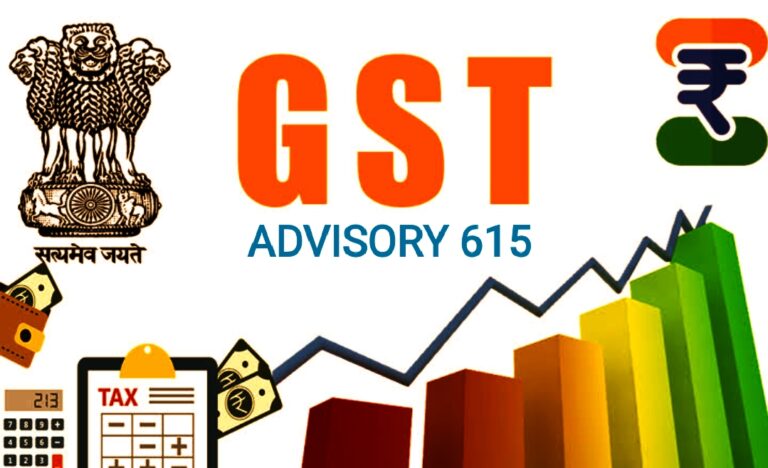Guidelines on Direct API Integration with IRPs for Seamless e-Invoicing: GST Advisory 615 Dt. 17 November 2023
In a significant move towards simplifying e-invoicing processes, the Goods and Services Tax Network (GSTN) has recently issued Advisory 615 on 17/11/2023. This advisory outlines crucial details regarding the direct API integration with any of the 6 Invoice Registration Portals (IRPs) for seamless e-invoice reporting. For businesses aiming to enhance efficiency and compliance, this guide offers a step-by-step overview of the key procedures, guidelines, and instructions for successful direct API integration.
Understanding Direct API Integration
Direct API integration is a powerful mechanism that allows businesses to seamlessly connect their systems with the Invoice Registration Portals (IRPs). This not only streamlines the e-invoicing process but also ensures real-time and accurate reporting, leading to enhanced compliance.
Key Steps for Direct API Integration
1. API Authentication and Authorization:
Begin the integration process by authenticating and authorizing your API credentials with the chosen IRP. This step ensures a secure connection between your system and the IRP.
2. Endpoint Configuration:
Configure the API endpoints to establish a communication link between your business software and the IRP. Proper endpoint configuration is crucial for the accurate transmission of e-invoice data.
3. Data Mapping and Validation:
Map your business data fields to the required format specified by the IRP. Ensure that the mapped data undergoes thorough validation to prevent errors during transmission.
4. Testing Environment Setup:
Before going live, set up a testing environment to conduct comprehensive testing of your API integration. This step helps identify and rectify any potential issues before actual implementation.
5. Secure Data Transmission:
Implement secure protocols, such as HTTPS, for the transmission of e-invoice data. This ensures the confidentiality and integrity of the information being exchanged.
6. Monitoring and Error Handling:
Establish a robust monitoring system to track the performance of the API integration. Additionally, develop a comprehensive error-handling mechanism to address and resolve any issues promptly.
To Access the Advisory 615 by GSTN in portal CLICK HERE
To Read Kerala High Court Order on ITC Denial Based on GSTR-2A & 3B Mismatch CLICK HERE
Read More
